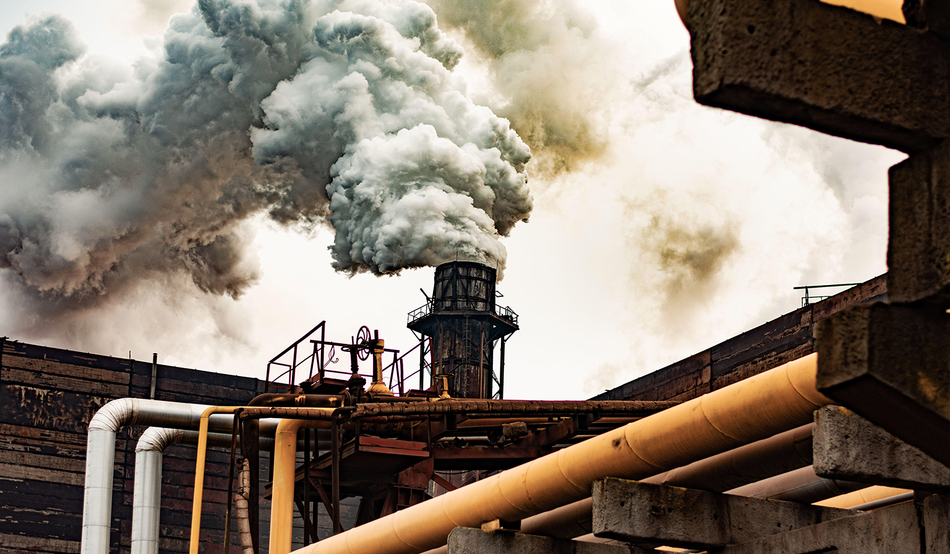Archived copies of the article:
eco-Marxist
I’m dying of laughter.
The authors do not shy away from the revolutionary implications of their analysis. “It would obviously be much nicer,” they write, “to live in a social-democratic, evolutionary, reformist world in which social and natural systems are re-engineered by increment. Alas, we do not.”
Lentonist science requires, in the authors’ view, a Leninist response. They refuse to take the continuing victory of fossil capital as a given, though they are far from optimistic about turning the tables. The climate crisis lacks a ready-made revolutionary subject akin to the 19th-century proletariat, which, through resistance, extracted laws to limit the length of the working day, for example.
“Because climate limits are not embodied in a class, breaking them does not call forth the same response as the breaking down of workers’ bodies… The formation of a subject of resistance is here a far more circuitous, drawn-out, uncertain affair.” But at least they only refuse to accept political realities, rather than scientific ones.


